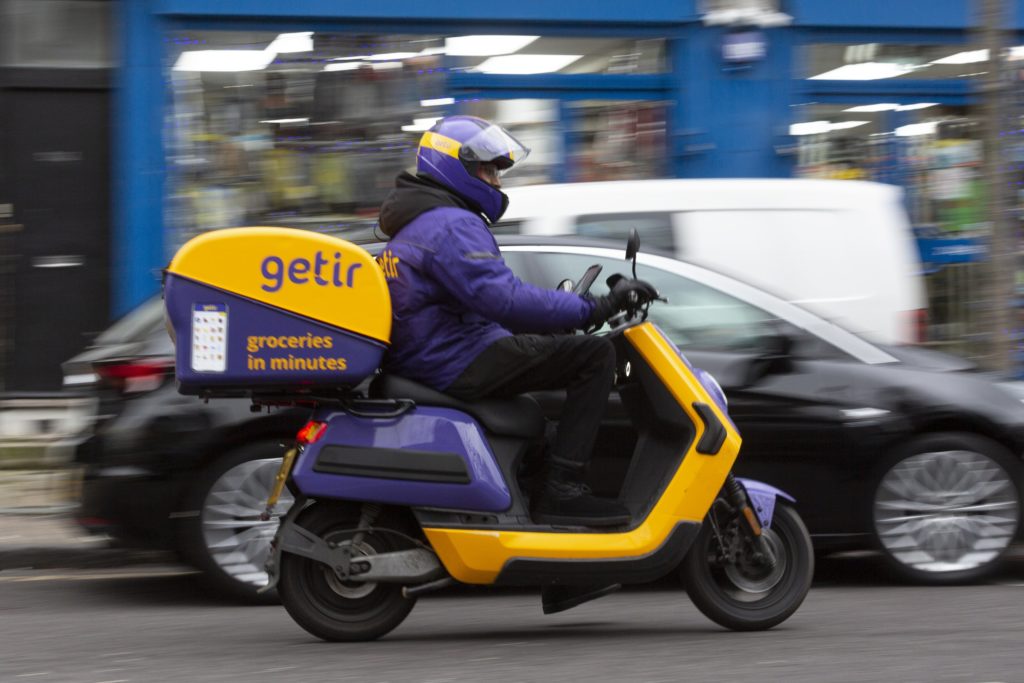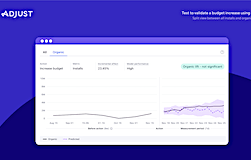Several rapid delivery apps announced plans in May to reduce global headcount, a sharp adjustment for an industry that spent well above its means in 2021.
Getir announced plans to reduce its headcount by 14 percent and Gorillas said it would cut 300 jobs to try and achieve profitability. UK delivery app Zapp is also considering a 10 percent reduction in staff.
GoPuff has yet to announce any job losses, although most of its riders are independent contractors, making it easier to lower pay or reduce hours. It has confirmed the closure of 22 underperforming warehouses in the U.S., in an effort to improve efficiency.
Reasons for the cutbacks include a possible recession in the next six months, inflation, and a change in investor mood for growth stocks. As all of these delivery apps are unprofitable, they may find it harder in the current climate to receive funding without a plan to reach profitability.
Rapid delivery app downloads January 2021 to April 2021 (mm)
Alongside external factors hitting the rapid delivery apps, there has also been a noticeable decline in downloads since December 2021. According to data from AppMagic, monthly downloads of the top six rapid delivery apps have declined by 40 percent in the past four months.
With cost of regular items increasing due to inflation and most apps cutting back on promotions, activity and sales may also have declined in the past few months.
It looks like the days of excessive hiring, aggressive promotions, and launching in a new city or country every week are over, at least until the pendulum swings back to tech startups focused on growth.
Luckily for these apps, in 2021 venture capital firms invested more than $15 billion into the sector, which should mean the larger ones have enough cash on hand to weather the storm.















